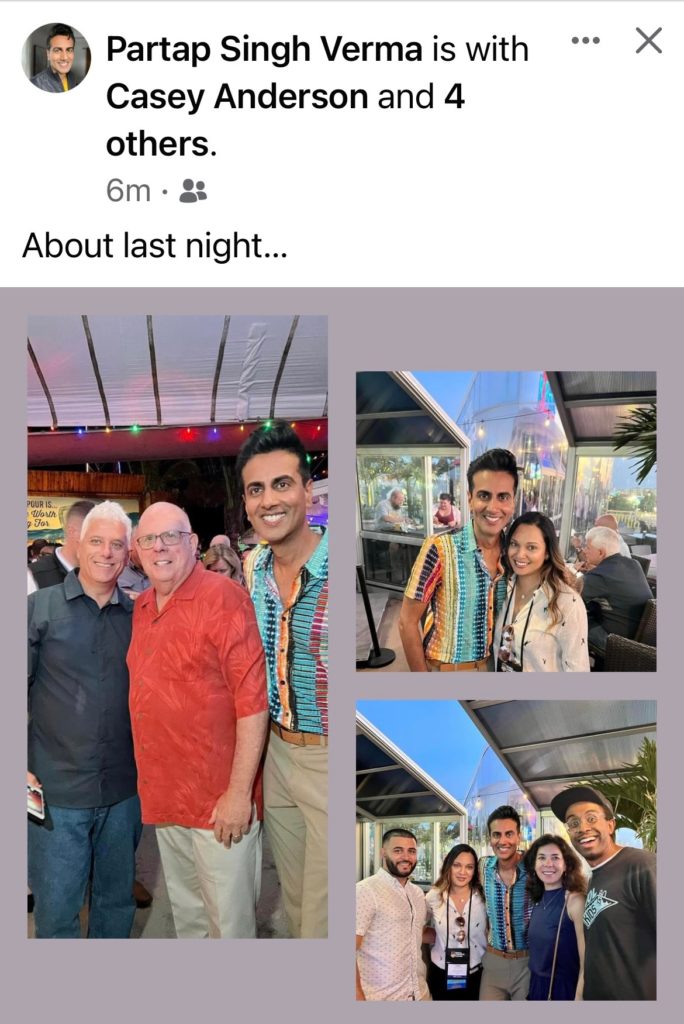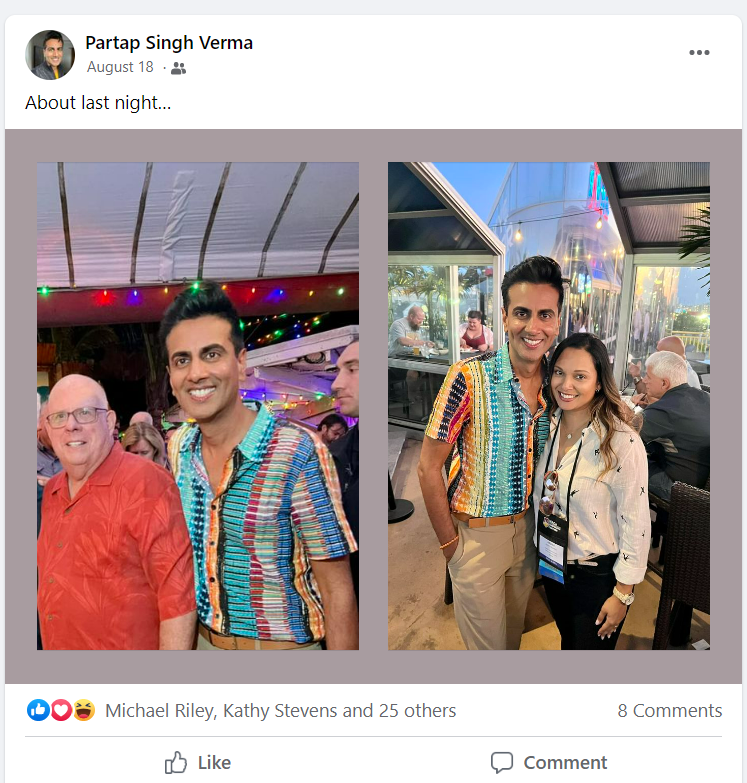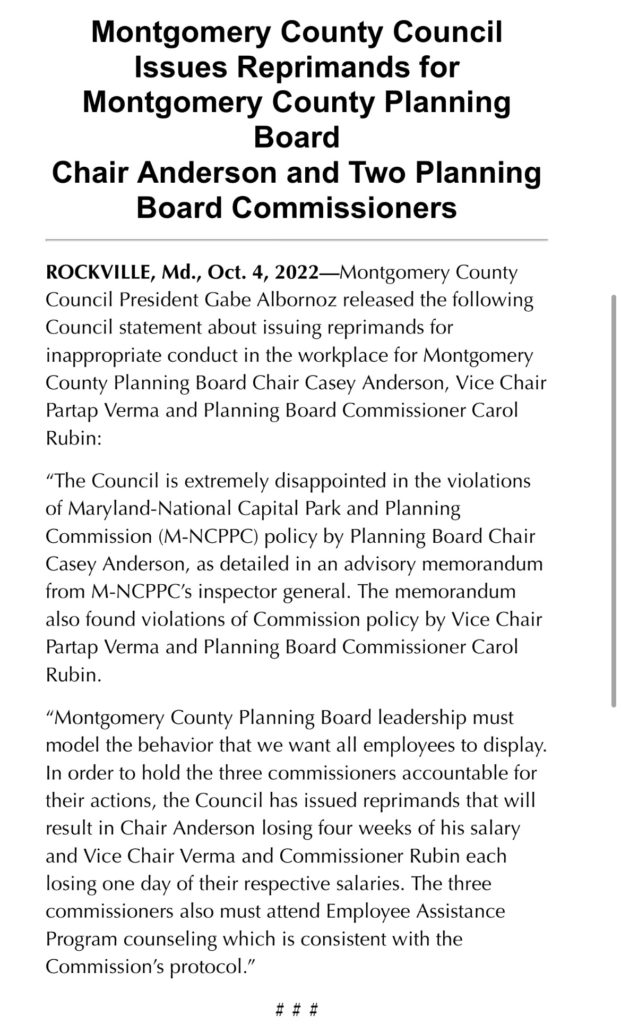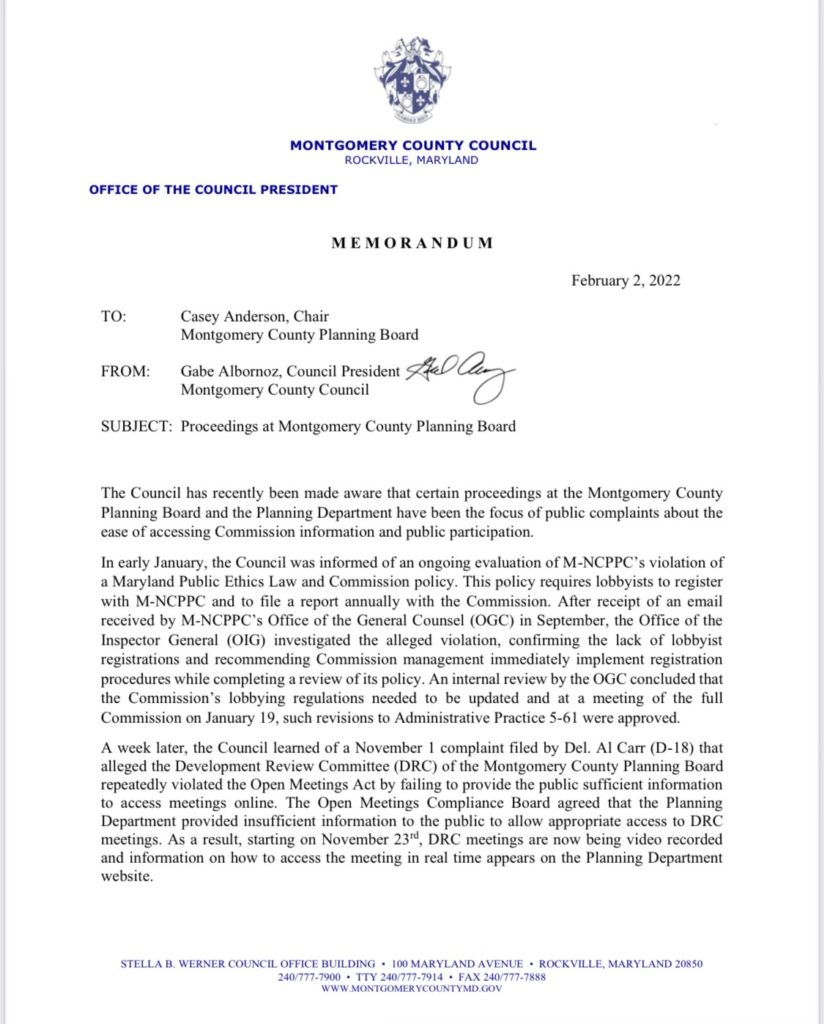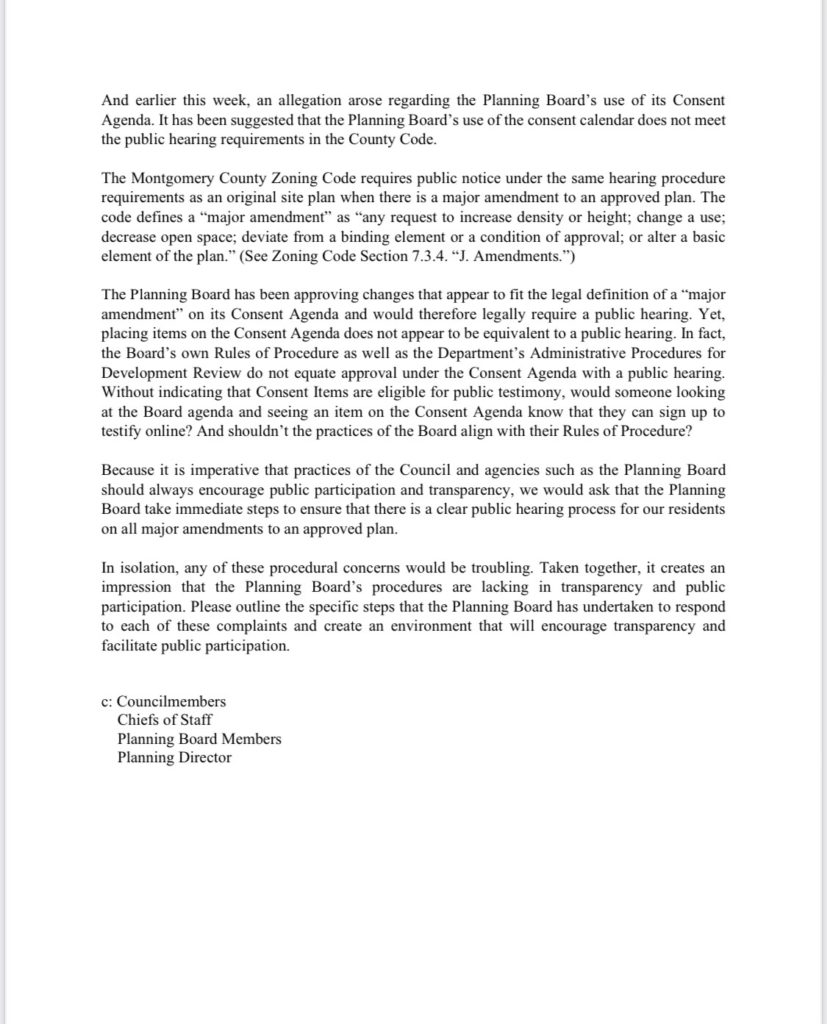The Tweeters have been active since the Coalition for Smarter Growth (CSG) condemned me. I’ve been threatened with physical violence and another prominent smart growth blogger says I “must be stopped.” Twitter suspended the account of the person who threatened me.
While not pleasant, a friend with good sense reminded me to “ignore the trolls” and that the “Twitter echo chamber is not representative of the real world.” The bile seemed to go far beyond anger at my criticizing a lobbyist for not filing required reports.
What I rapidly learned is that my series of posts about problematic ethics at the Planning Board and lobbying raised the ire of advocates for Thrive 2050 —the county’s general plan that the County Council is set to consider. Apparently, similar treatment has been meted out to others deemed to be critics, though I have literally not written a word on Thrive prior to today.
Well, they got me much more interested. I have not followed the Thrive debate closely. Like many, I’ve been focused on my job and getting through the pandemic, so I stopped blogging completely. Over the weekend, I’ve started to gain a quick education.
The key takeaway so far is that new County Council President Gabe Albornoz and Vice President Evan Glass have their work cut out for them. The intense divisions and acrimony around Thrive mirror the ugly mood and tenor of debate in the country. Confidence isn’t increased by the Planning Board’s failure to register lobbyists, violations of the open meetings law and abuse of the consent calendar to constrain public input on other matters.
The good news is that I cannot think of two people more suited to address it. While I sometimes disagree with them strongly, you won’t find two more fundamentally even-keeled public officials than Councilmembers Albornoz and Glass. As a result, I remain optimistic that they can lead the county to a document that brings people together. Put another way, I hope they can move the process forward to a conclusion but in a way that makes residents feel included and heard.
That doesn’t mean “paralysis by analysis”—the county’s unfortunate moniker for its tendency to study matters into eternity—but it does mean heading towards the end in the right way. How can that be accomplished?
It’s an unfortunate truth of public policy that many people only start to pay greater attention once matters come to a head. (Consider me Exhibit A in this case.) This is especially true because the key parts of the process took place during the pandemic and the 2020 election. So many people still have a lot of questions they would like answered, and many would like to know how the comments they have already provided will be incorporated.
Thrive proponents may be technically correct that the document itself changes nothing with respect to zoning, but it is strongly linked to potential major zoning changes (zoning text amendments) that have also been proposed and are already under discussion. So saying it has no impact on zoning comes across, intentionally or not, as too clever and insincere.
It’s especially important because the Planning Board, led by Casey Anderson, removed certain references to the importance of the Master Planning process. The document is now written to pre-determine outcomes, while simultaneously claiming not to have decided anything. Put another way, we are now being told that it is too early to know its impact on zoning but, once Thrive is passed, it will be too late because “Thrive says . . .”
People want to know what Thrive means for them—how will it affect their home and their neighborhood? What about nearby areas? People care a lot about how changes impact their family and their largest investment or their rent. Using plain language and including specific metrics would go a long way to help residents better understand outcomes Thrive expects to realistically achieve,
In my time as mayor and other leadership positions, I’ve found that listening is far more important than talking. I’m not saying it’s easy or my natural strength, but I work on it. People like to be heard. They also justifiably loathe performative “consultations” where leaders claim to want input, but the outcome has been pre-determined. Councilmembers must incorporate comments from the very broad range of opinion thoughtfully with an open mind.
Which brings me to why this effort is needed to get the process back on track. Many in the community believe that the process has been highly structured to produce a particular outcome supported by a nexus between the Planning Board Chair, activist/business groups like CSG, and certain councilmembers.
The Planning Board staff presented a draft that was amended “in a very surgical way” at the behest of Planning Board Chair Casey Anderson according to insiders. While avowedly done in response to community comment, for example, it’s hard to imagine that this very pro-environment county demanded the excision of Thrive’s specific environmental chapter. Did anyone actually request this? The changes reflect exactly what one would imagine Casey Anderson preferred.
The Thrive appendix outlining planned outreach states:
Blog and vlog: To get involvement from and perspectives of different people in the community — residents, community leaders, business leaders, county officials — we’ll ask different people to be involved in writing or being interviewed for Thrive Montgomery stories to share on the blog.
But the blog is uniformly supportive of Thrive and the concepts behind it. If you do a search for “Thrive” in the blog, almost all of the posts are written by Casey Anderson or other people at the Planning Board. This is what an orchestrated campaign looks like–not an effort to involve diverse voices and different perspectives.
The three-member Council Committee which then reviewed Thrive for the Council is chaired by Hans Riemer, a very good friend and close ally of Casey Anderson. People happier with the original staff document, such as the Civic Federation, understandably see the consultation process as set up to emphasize supporters and limit input from people who might have a contrasting vision.
Former Council President and powerful PHED Committee Chair Riemer’s statement that CSG, a regional organization fiscally sponsored by an out-of-state group with substantial contributions by developers, has been “chairing the conversation” confirms their fears.
Anderson, Riemer and CSG are understandably happy with a document which utterly mirrors their views. That doesn’t make it a bad document in terms of public policy per se, or any of their policy preferences “wrong,” and it certainly doesn’t make any of them remotely bad people. It’s a fine example of structuring a political process to achieve one’s preferred outcome. But it doesn’t provide for an open, transparent, and inclusive process that achieves buy-in from the community.
Finally, as the Council goes through the document, they should go through section by section with both the PHED version and the original Planning Staff version on hand. That will allow the Council to better discuss whether they agree with the changes. Again, they need to discuss how the feedback they’ve received that differs from recommendations is considered and incorporated. This sort of deliberative work session process, conducted in public, will allow for an open process that permits a variety of issues and concerns to be discussed and considered.
There shouldn’t be a complete restart. We need to answer questions, to consult meaningfully, and then the Council can make the decisions we elected them to do. Not everyone will be happy with their decisions, but they’ll likely feel much more included and respected if they are genuinely heard and the document reflects the diverse views in the county.
